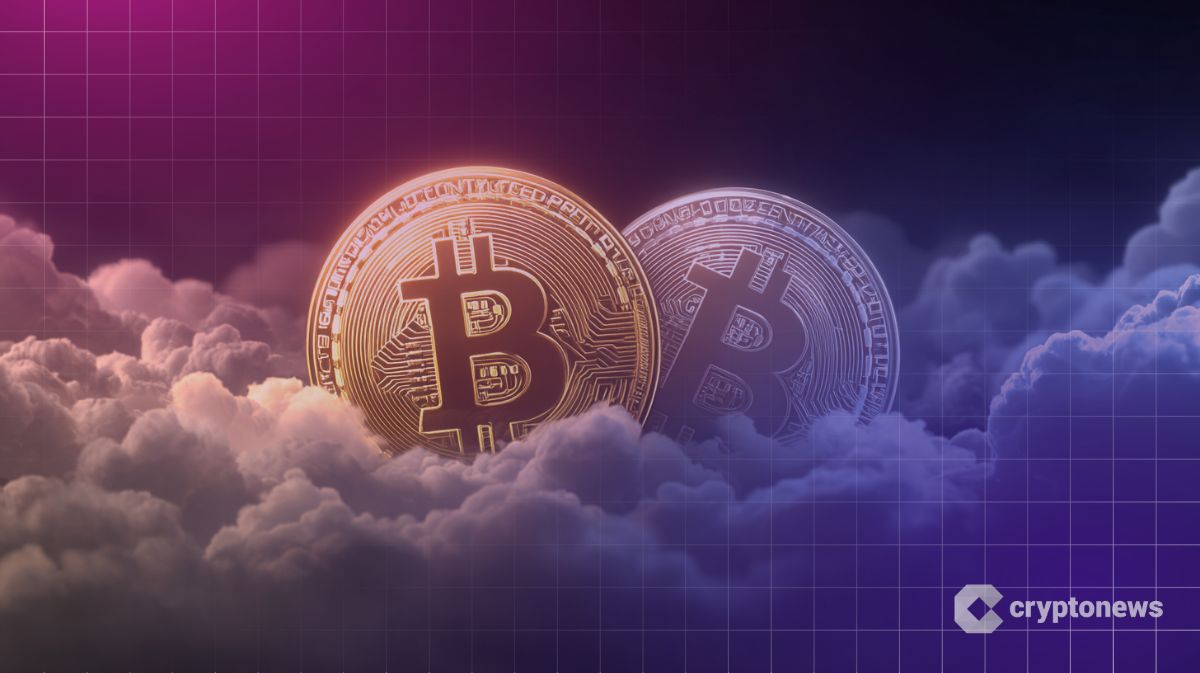The EU is winning the data center race as hyperscalers lose ground | Opinion
Disclosure: The views and opinions expressed here belong solely to the author and do not represent the views and opinions of crypto.news’ editorial.
The next decade is going to be defined by a return to regionalism as citizens grow weary of foreign wars, international tariffs, and wonder what they’ll pay at the pump the following day based on seemingly arbitrary events in far-flung lands. As the U.S. begins to focus more on domestic concerns, the post-globalization era is underway.
Like all new eras, the break with the past won’t be clean; a century of world policing is a habit that isn’t broken easily, and the U.S. remains susceptible to getting dragged into global conflicts. The difference is that now it’s doing so reluctantly rather than racing in gung-ho.
As the U.S. retreats behind the blanket of protectionism, many of its Big Tech companies are also being squeezed out of regions where they once reigned supreme. It’s a trend that is particularly evident in Europe, where a radical shakeup of the cloud computing landscape is underway.
Hyperscalers scale down
Hyperscalers that operate massive cloud computing and data center infrastructure have dominated the European market, just as they have in most global regions, for well over a decade. Amazon (AWS), Microsoft Azure, Google Cloud, and Meta are the giants whose economies of scale allow them to undercut local competition and gain a vice-like grip over the cloud computing landscape. But suddenly, that grip is weakening.
The U.S. determination to go it alone, without the baggage of its global allies to subsidize, cuts both ways. Its partners have begun to question what they’ve been getting out of the deal, both politically and commercially. For years, Europe has voiced concerns over its reliance on the U.S. tech giants for cloud services, citing risks to data sovereignty and economic independence.
Now, the continent is acting decisively in a concerted pushback against U.S. hegemony. If they want to impose punitive trade tariffs and retreat across the Atlantic, let it, runs the reasoning. Europeans have already been given a harsh lesson in reliance on foreign resources with the Ukraine war, which has cut Russia from the supply line and sent EU energy prices soaring.
In a world of uncertainty, the only certainty is to rely on yourself, which means turning to the domestic market to ramp up production of everything from renewables to data centers.
Bringing it back home
The EU’s push for data center sovereignty has been heightened by rising recognition of the vulnerabilities tied to centralized cloud providers. Data stored with U.S.-based hyperscalers is subject to American laws, such as the CLOUD Act, which can compel companies to hand over data regardless of where it’s stored. The U.S. Big Tech, like AWS, is making a show of establishing Europe-based supposedly regionally sovereign operations, but few are convinced.
High-profile incidents, like the 2023 Schrems III ruling, concerning longstanding tensions between EU privacy standards and U.S. surveillance laws, further exposed the fragility of transatlantic data transfers. Add to this the unpredictable political climate in the U.S., where regulatory shifts can disrupt business overnight, and it’s no wonder Europe is seeking alternatives.
Contrast this with the EU’s approach. The bloc has doubled down on initiatives like Gaia-X, a framework for data sovereignty, and stricter GDPR enforcement, which prioritizes user privacy. But the real game-changer is the EU’s openness to innovative models. Regional cloud providers are gaining traction, supported by policies that incentivize local data storage and processing.
Foreign direct investment from non-U.S. players, particularly those based in Asia and the Middle East, is pouring into European data centers, with countries like Germany and the Netherlands emerging as hubs. This influx is not just about capital – it’s about diversifying the technological and geopolitical risks of over-reliance on a single market.
Decentralizing data
One consequence of the EU’s search for U.S. alternatives is that it’s sparked interest in a technology that is, in many respects, the antithesis of the hyperscaler. Decentralized networks are now in vogue. Unlike traditional hyperscalers, which concentrate data in massive, centralized facilities, decentralized networks distribute resources across multiple nodes.
As a result, these decentralized cloud systems are less vulnerable to single points of failure, be it from cyberattacks, natural disasters, or political interference.
Prominent investors, including Finnish electronics firm Nokia, have recognized this potential and are now pouring capital into decentralized cloud infrastructure. Once a titan in mobile phones, Nokia has reinvented itself as a key player in cloud computing, betting on solutions that prioritize security and scalability over centralized control.
This decentralized approach aligns with Europe’s broader digital strategy. In forming a network of interconnected, regionally managed data centers, the EU is building a cloud ecosystem that balances local control with global reach.
For enterprises, this means faster, more secure access to data without the latency issues of transcontinental transfers. For governments, it ensures compliance with stringent privacy laws. And for innovators—think AI startups or gaming studios—it offers a flexible alternative to the rigid pricing models of hyperscalers.
The times they are a-changing
Critics claim that European providers lack the scale to compete and that regional solutions risk fragmenting the global internet. But this view underestimates the momentum behind Europe’s strategy. Its data centers now rival U.S. facilities in efficiency and capacity, while the idea that local solutions lead to fragmentation ignores the reality of modern cloud architecture.
Decentralized systems are designed to interoperate, ensuring seamless connectivity across borders. Far from isolating Europe, this approach strengthens its position as a global digital leader, attracting businesses wary of U.S. regulatory unpredictability. The EU’s focus on open standards and community-driven innovation also counters the monopolistic tendencies of hyperscalers, fostering competition that benefits end-users.
While U.S. hyperscalers still dominate, their grip is loosening as Europe builds a cloud ecosystem that’s not just competitive but shock-proof. By embracing regionalization and decentralization, the EU is not only reducing its dependence on foreign tech giants but setting a global standard for what the cloud can and should be: open, resilient, and immune to the whims of foreign powers. If Europe succeeds in this endeavor, it will be proof that it’s possible to enjoy global connectivity without the double-edged sword that is globalization.
You May Also Like

Bitcoin Falls, Markets Panic – but GMO Miners Still Make Daily Profits

UK releases wholesale financial market digitalization strategy to promote DLT and stablecoin innovation

